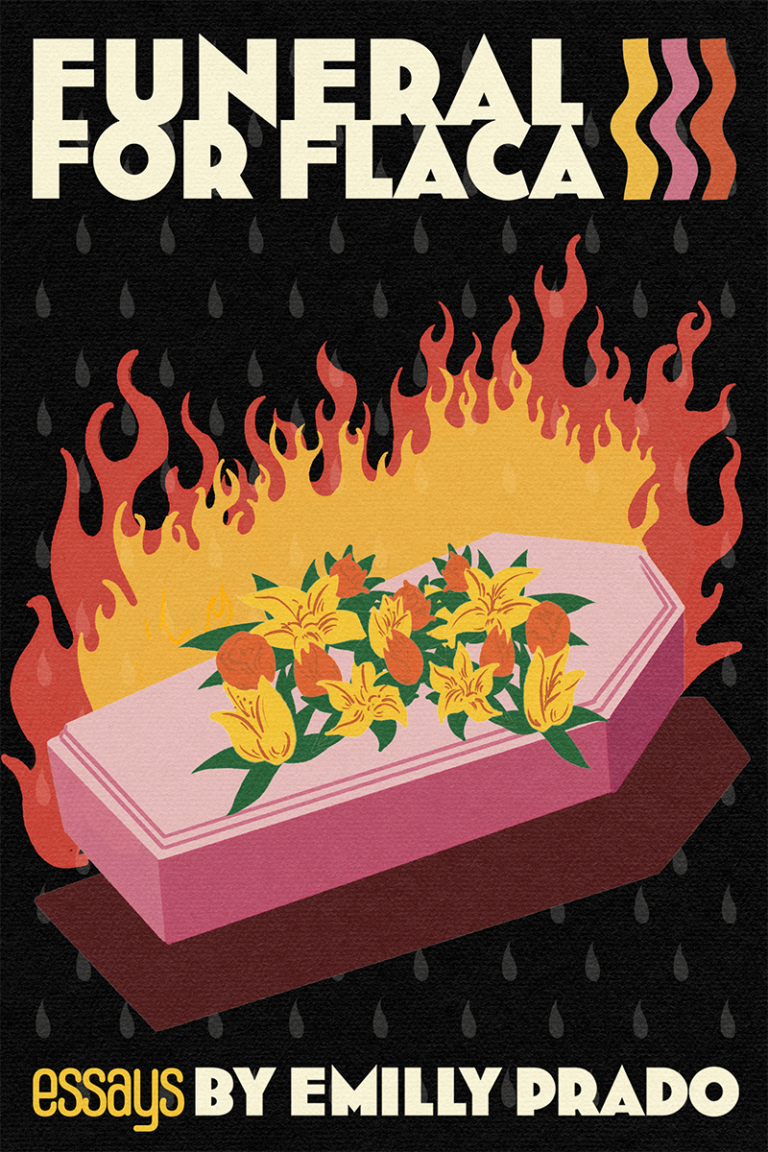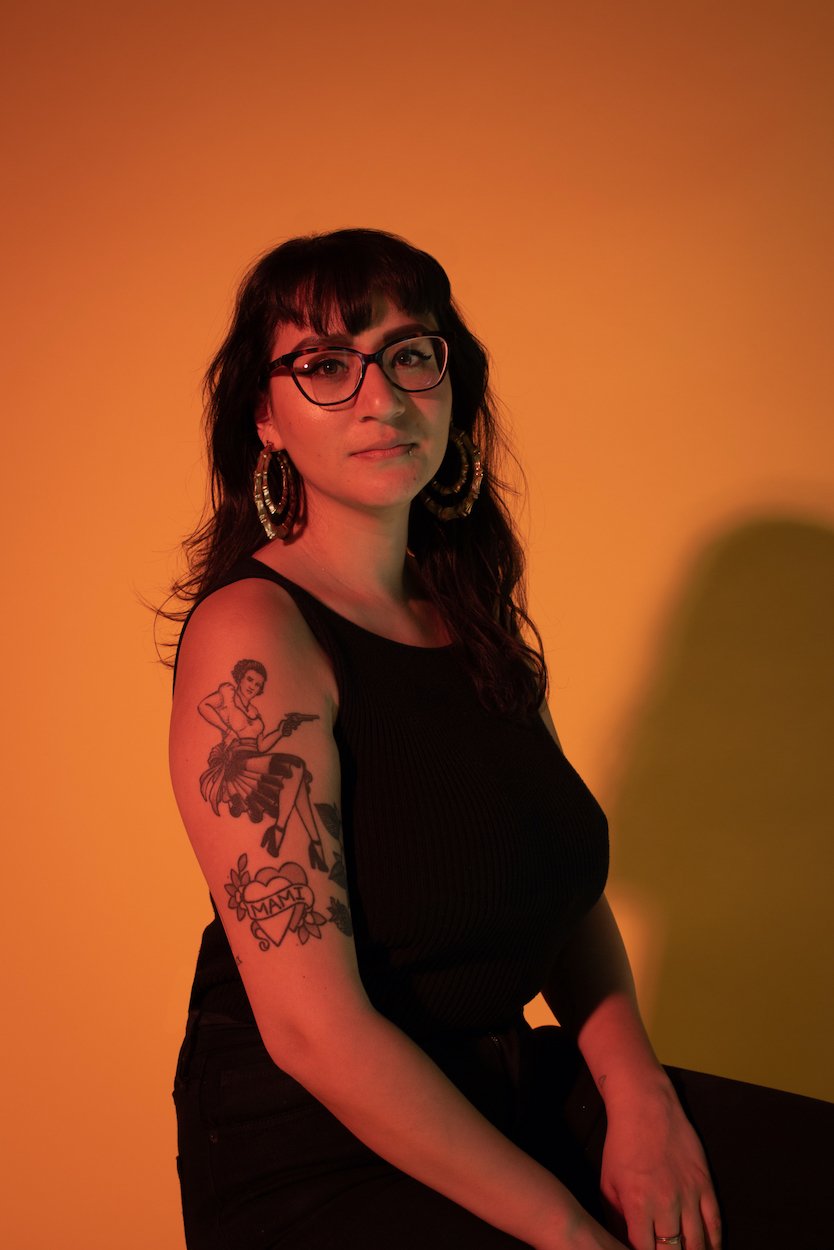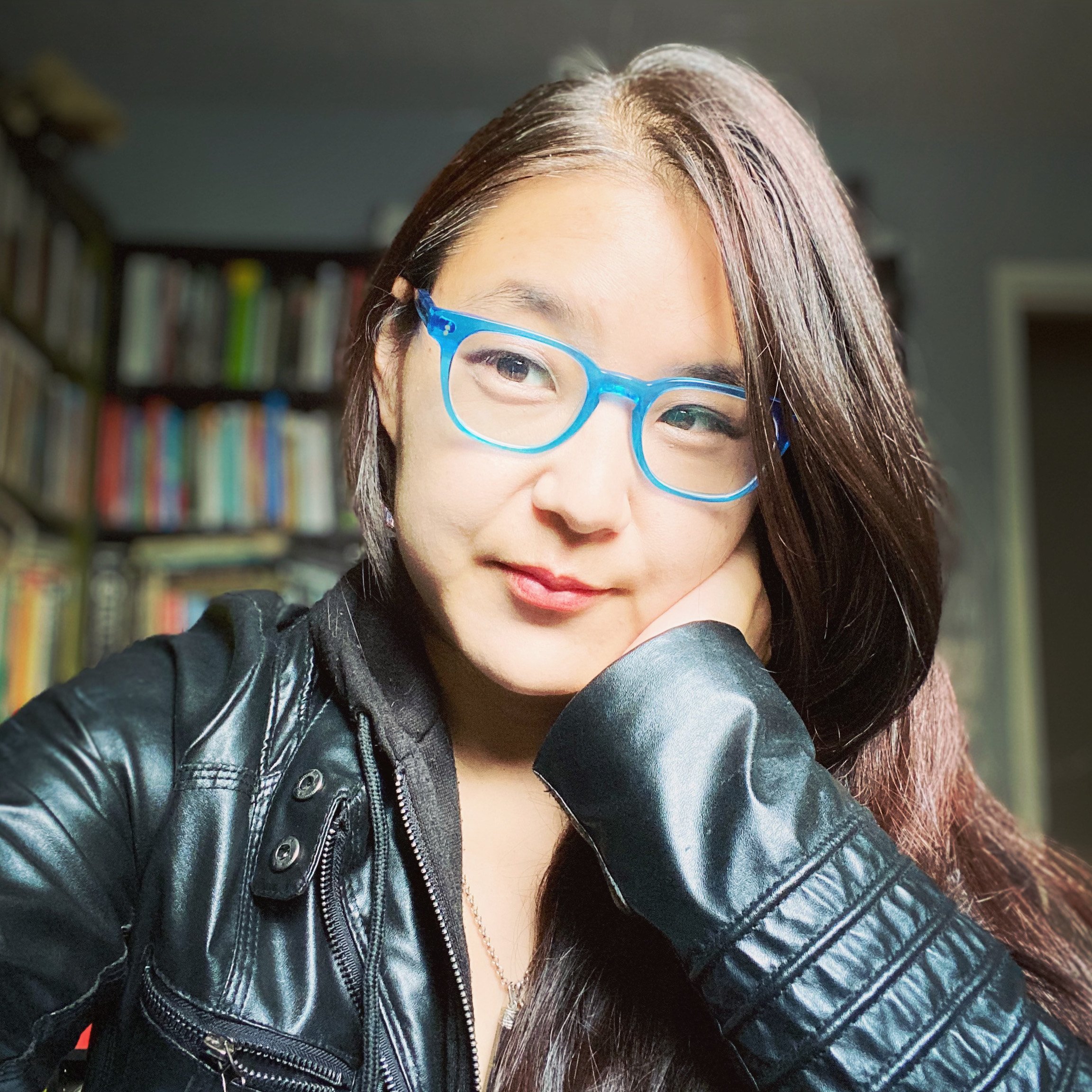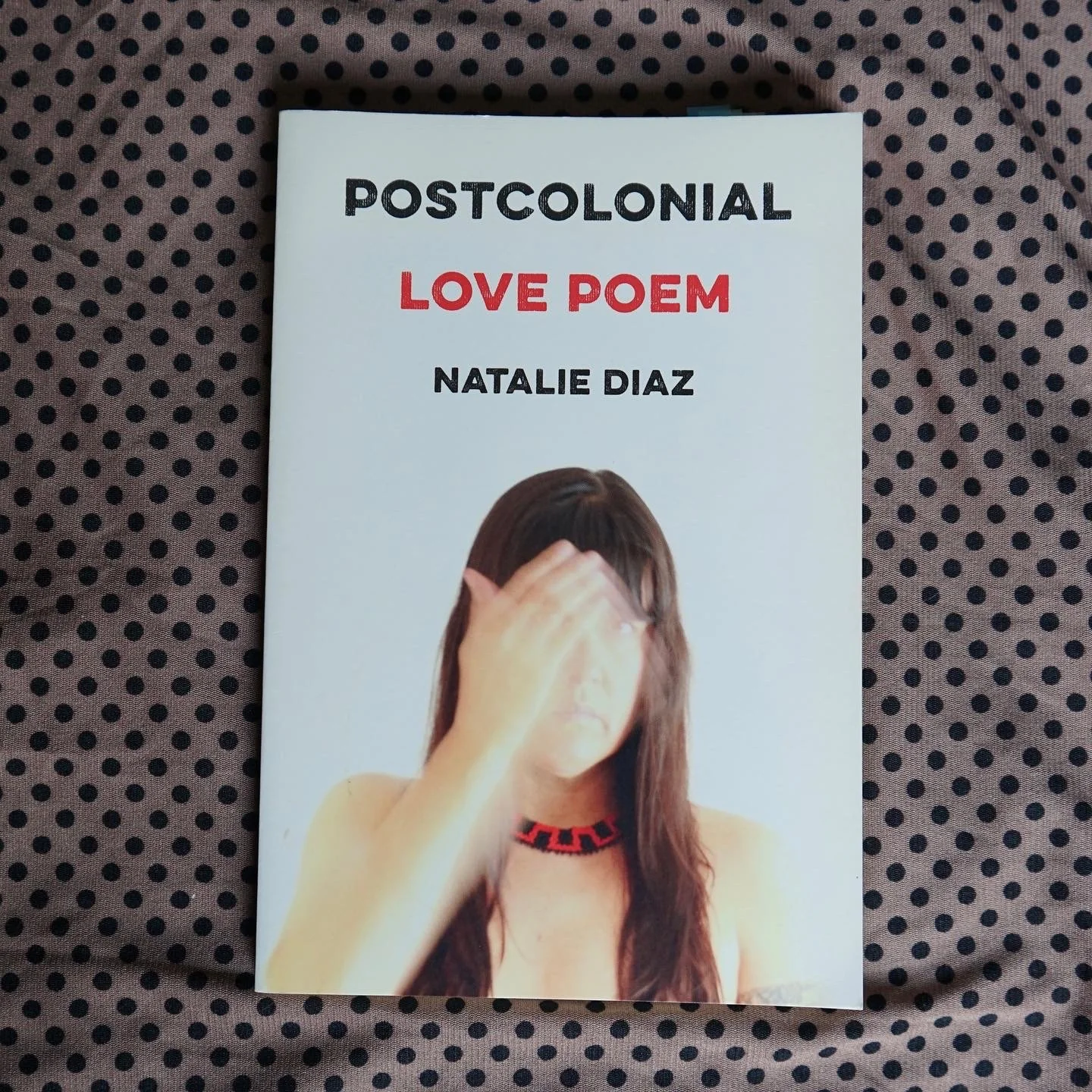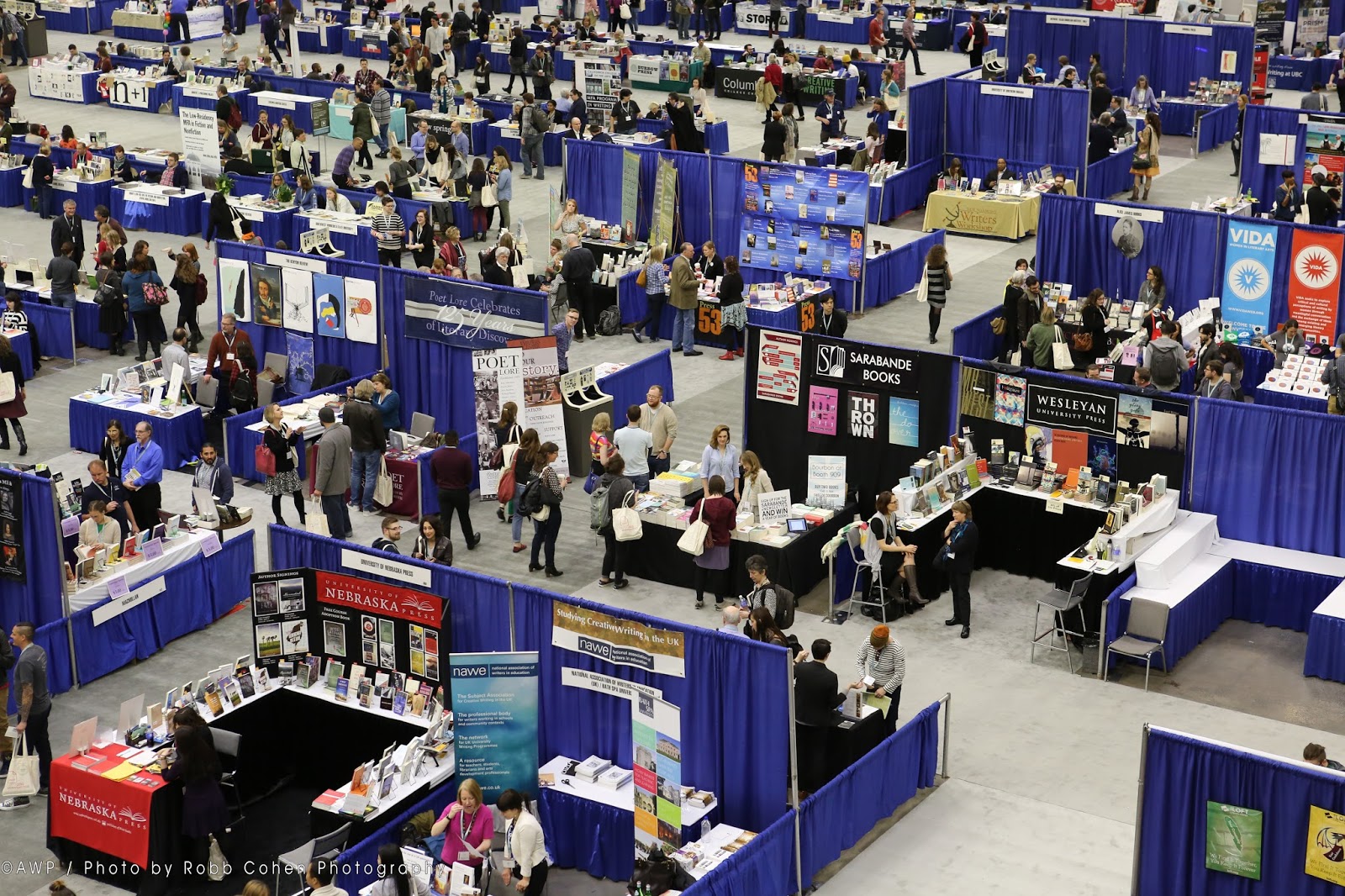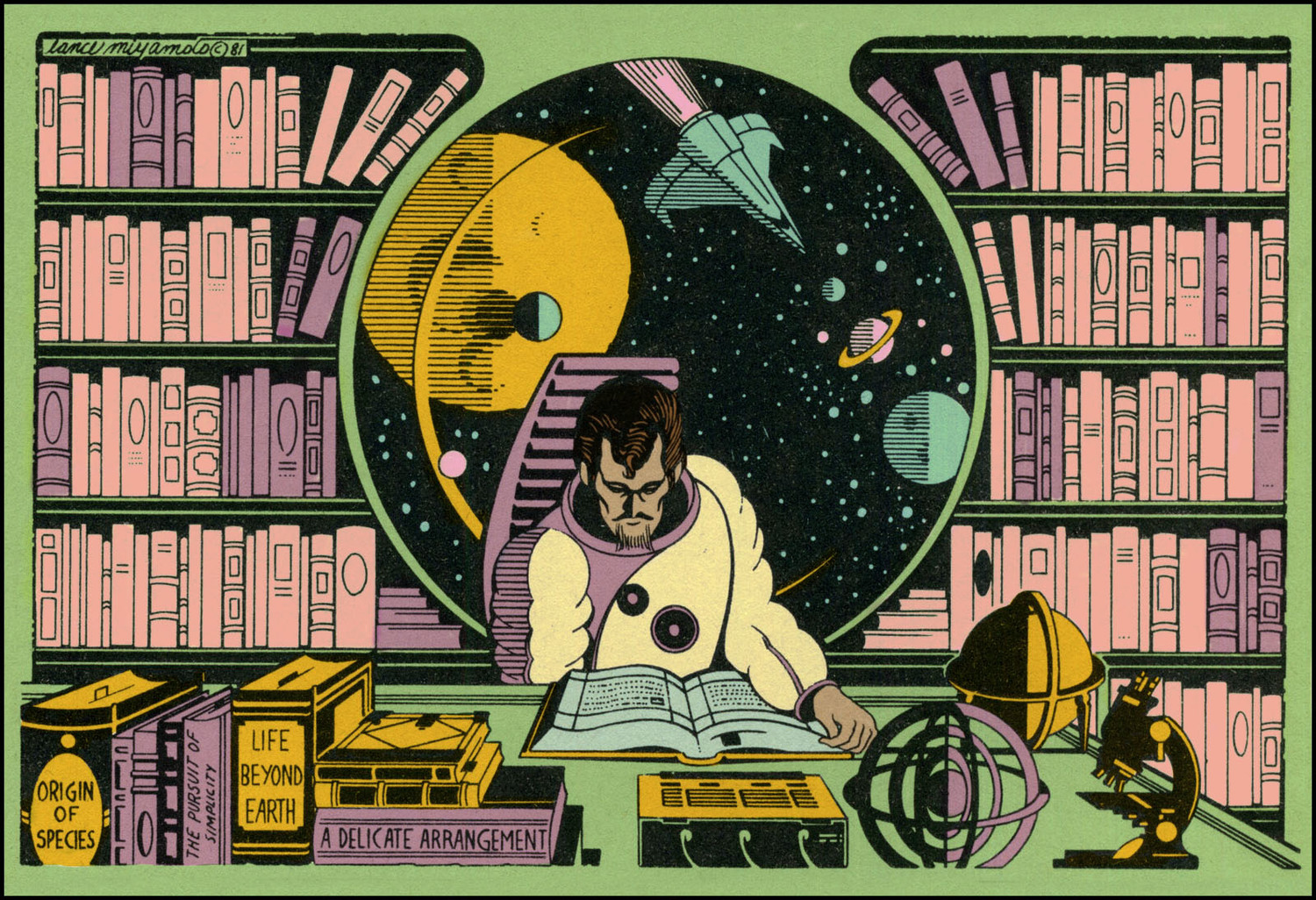When I first moved to Portland from Long Beach, California I felt extremely lonely and isolated —missing my Chicana roots back home. By fate, I found Funeral for Flaca by Emilly Prado at Powell’s Bookstore. I gravitated towards the familiar Spanish in her title and the memorable cover art of a vibrant pink casket in flames. Funeral for Flaca gives me home at my fingertips. Like the journal her sister gifted her, Emilly is “…both delicate and strong, and feels safe.” Emily Giselle Prado is a chameleon shifting from roles of writer, DJ, community organizer, and writing instructor. Her collection of essays, Funeral for Flaca published by Future Tense Books in 2021 shares her coming of age story along with the complexities in which surround her identity as a Xicana writer.
— Sam Rivas, Contributor & Guest Author
SAM RIVAS [SR]:
In Funeral for Flaca’s intro you write “some sentences are direct quotes from old diary entries.” How did it feel to read your old self, was it challenging to go back to that time? How did you cope with either the negative or positive effects of looking back at your old self?
EMILLY PRADO [EP]:
Yeah, thank you so much. That’s a great question. The first time that I reread my journal was about 10 years ago, so that was obviously a little bit closer in age to when the things had happened. After I had moved to Portland, I would go visit home and decided to look through things to try to clear my old room of crap, because my little brother lives in that same room now and needed space. When I first read it, I was really struck by the voice of my diary because I wrote it how I thought and spoke at that time, which was a lot of slang and pretty funny in retrospect—a clear insight into a teenager's brain. It’s a little strange now that I work with teenagers and seeing how deep of thinking that I was doing with the world, and trying to understand relationships, but I didn't really know that I was doing that at the time. Journaling was a way to process everything I was going through at the time. It’s really powerful to see that thinking and have a direct view into my brain at that time. If I had not read some of the accounts, I wouldn't have known how much I was seeing at that age. Also, there were things I completely had forgotten about or blocked out of my mind, and it was really interesting to find out about different perspectives and sides of stories that I tried to piece together the truth through memory. With my own account, I was rearranging some of the truths, particularly in a relationship that I had in high school, where I didn't even realize how much abusive language had been put on me from him, but I had in my head, oh, I had my heart broken. Seeing some of the things that had happened were really mean, kind of scary, because I was really young to go through that. It was also eye-opening and just solidified why I like to work with teenagers and take folks seriously of all ages. A lot of times people are going through heavy things at all ages, and we don't necessarily know it right on the surface.
SR:
Something I love about Funeral for Flaca are the photos that give small glimpses into your life. I feel that your choice of sharing old photos of yourself and your family is so inviting and adds another personal touch into your world — definitely brought me closer to your book of essays. It gave off the energy of being in the sala looking at old photos with you and your family. Did you already plan to have photos in this book or was it something that just happened within the book making process ?
EP:
Definitely the latter, and I love hearing what it brings up for you. Personally, I've been a fan of looking through the old photo albums almost every time I go home because I just love the physicality of nostalgia in a way that isn't as readily available these days. In my first version of the book, it was a chapbook that I turned in as a project for a year-long class I was in at the IPRC, the Independent Publishing Resource Center, which is actually where I'm teaching now, but I didn't have any images at the time. When I thought of some of the memoirs that I liked, a lot of them don't include photos so it hadn't occurred to me to include them. When I was creating the book, in collaboration with my publisher, I had the benefit of working with a small publisher and someone who is really hands-on in a way and also hands-on in his approach, but also inviting me into the process. Adding personal photos to my book was an idea that my publisher Kevin Sampsell of Future Tense Books posed. I thought it would add a personal layer of thinking about how the book shifts in tone, and you're sort of growing at age with myself as a narrator. I thought it would be a really nice touch to add some of those snapshots and make it more of a multimedia project. I also have an interest in photography and have always really enjoyed taking photos. So, I thought it was a cool way to kind of come full circle with that. And, for the process of that, I already had some of those photos. The idea to include photos didn't come until basically after I had gone home; I go home, like every so often. Between when I went home and then when the book was coming out is when this idea came about, so that meant I was relying on my sister to go to our mom's house and go through albums and have her look for photos from a certain age. Sometimes I knew exactly what photo I wanted but other times, I had no idea. One of the cool things that also came about was, we found this photo of my mom and my grandma, which is included earlier in the dedication page. I had always been under the impression that only one photo existed of my mom as a young girl pre-immigrating to the United States, because as folks who came undocumented, my grandmother could only take what she could carry along with a baby. It was really amazing to find that there was another photo. Thinking about this book as a form of archiving is really powerful, to think about what it means to have an image of my mom and my grandma. Folks like them maybe don't have a lot of archival images, to then know that at least it's being preserved and shared. This multimedia form is really powerful.
SR:
In your work, Funeral for Flaca, you speak of your transforming identity from prep to chola to punk. I’m curious to understand whether your writing has changed with your identity throughout the years of growing or do you still see fragments of your old self in your work today?
EP:
Yeah, so I think it kind of depends on the project that I'm working on. I can see especially in diaries—and whether that's in the physical diaries or sort of secret online blogs that I kept—the shift of which I talked about things and sort of the tone of voice that I was trying on. I have records of that in various forms and I think even right now it’s going to change depending on what the project is asking for. So, with Funeral for Flaca, I was trying to emulate the voice of myself at those various stages. That was a way to kind of honor myself at different places, when often I felt like I didn't really have a voice and that I wasn't heard, especially by adults in my life and just like by the world in general. That project really tries to tap into my different outlooks, even later on when I felt like I was going through another punk phase in my early 20s. I think it's present in the narrative where I'm talking about being a feminist punk rocker and I thought this was punk and I thought this was cool. Now as I'm working on a memoir that I started actually 10 years ago—that I'm finally making a lot of headway on—I'm trying to revisit sort of the mindset of those bases, but I'm not trying to emulate my voice so much in the same way. I think that no matter what, every part of my identity has been a part of forming who I am and my outlook on the world and writing. Whether or not that is a prominent feature in the writing, I think, again, depends on the project. I also have a little novel, tiny novel, in progress. The voice that I emulate in that work is much different than any of my nonfiction work too, which is exciting. But I can't point to an age or a phase that my novel might stem from.
SR:
The last chapter ends with:
“Monarchs molt five times before burrowing into their cocoons.
I wish I knew I’d had my last bite of milkweed.
I think forgiveness may be the final shedding.
I think I am still stuck in chrysalis.
I know the strawflowers are waiting.”
When I read this ending, I couldn’t help but think of it being its own poem of reflection. Can you elaborate on your choice to end here?
EP:
Now that I teach creative nonfiction and I’m currently in an MFA program, I see Funeral for Flaca as, more accurately, a hybrid-leaning work of essays. There's a lot of work that tends to be a little more lyrical, and sort of based in image—I couldn't have told you that a year ago. I had my first year here and I've been doing a lot of teaching of my own as well. Through teaching, I feel like we strengthen our own skills as we learn how to teach something, but also learn from community in our classrooms. With Funeral for Flaca, I didn't set out with the intention to write a book, and I think that that gave me a lot of freedom to experiment and not think a lot about what sort of genre my work fit in. I was working with an independent small publisher and I didn't have the same pressures of trying to be marketable, or other concerns that I might have faced or had to speak to if I had been working with a larger publisher. Because this project was created with kind of just the point of expression from the get-go, I think that opened up the possibility of a lot of different forms even within the book. In thinking about the essay that the collection ends on, I don't remember where the idea of the butterfly came from. Sometimes when I write, I get into this space where I don't really know what I'm going to write about, starting with whatever is on my brain. I knew I wanted to write about healing in some way. As I started to write really fragmented pieces around this idea of healing, one of the potential little threads I found was this idea of monarchs and butterflies. Originally, I thought butterflies represent culture and home. Michoacán, which is where my family's from, is part of the migration of the monarch butterflies. I started to study the actual terms for different phases and that's where I learned terms like chrysalis that I hadn't known prior to writing it. Eventually, I came back to fleshing out this idea of the butterfly more and it felt like a really appropriate landing place. Sometimes butterflies are thought of like as a cliche symbol for transformation, but for me, it was very culturally specific and an important way to highlight my roots. It also was a reminder of how painful that process can be because when I wrote that essay, I still was really grappling with this idea of healing. I just thought the image of a butterfly and milkweed as nourishment, and straw flowers as being sort of the future of what was blooming, encapsulated this idea of being in transition better than writing verbatim. I like coming back to this image of butterflies because it meant so much more and it means so much more than writing it as straightforward.
SR:
There are a few moments where you discuss accessibility of language in writing, like on page 15: “I could use slang and shorthand too—-I didn't have to speak like Shakespeare to be a writer.”
And on page 17: “I dearly wish I had more books that felt accessible and relevant for me when I was thirteen. Books that I didn't need to bust out the dictionary for..…I wanted Funeral for Flaca to be told in a way that 13-year-old me might read as heavy and perhaps not totally understand, but could read knowing it was real.”
In the beginning of my writing journey, I had this misconception that good writing had to be flowery language. I think this stems from the constant pressure to sound a certain way. I think if it wasn’t for House on Mango Street by Sandra Cisneros which I read in my undergrad, I wouldn’t know that good writing can also be accessible. Who showed you that accessibility in writing is a positive thing? How did you deal with impostor syndrome as a BIPOC writer? Is impostor syndrome something you still find challenging till this day?
EP:
Reading Tupac Shakur’s poetry gave me direct permission to know that here was a book that showed his handwriting in notebook paper on one side and then the other side, it's typed out. Even that process of saying his book was created in a journal, something accessible to most people, a notebook. It was hardbound and treated as respectfully as any other work of literature for me, felt like the green light that I needed. I had always loved Tupac’s music as a writer. One of the things that I really liked about his music was that I could understand it, but part of it was that he was talking about systems of oppression and often using personal narrative through his rapping to tell those stories. I felt like he was highlighting things that I wasn't being taught in school that seemed more important than a lot of things I was learning in school. I credit Tupac, even in his flawed complex identity as a person. That was my gateway and passageway into knowing it was okay to write the way I wanted to, and is something that I still think about and continue to navigate, not only when I was a freelance journalist, but also even in my own work now and, you know, submitting it for awards and trying to get the word out there. There is still a part of me that wonders if it was written in a more flowery, or academic, or otherwise tone, or something that was a little more of a traditional narrative arc, that maybe it would be received differently—but that would be a different book. And that wasn't the book that I wanted to write. At the same time, I still am fielding comments sometimes that call my work “non literary” because of the way that it's written, but it's a book and I wrote it. Part of that is white supremacy and an opportunity for educating people, but part of that is also up to me to continue to push my way into spaces and publish the work how I want to publish it. Hopefully, maybe I will be that green light for someone to know that it's possible to write your own book and have it sound how you want it to sound, and that there's still a lot of worth in the work, even if it's not in Old English.
SR:
As a Chicana, I always struggled with feeling comfortable with myself within my own community and even outside of it. How did you find comfort in whatever environment you were in? And how did you find comfort within yourself?
EP:
Yeah, it's been an ongoing process. As a young person, when I was living at home, friends were often the space where I found community and people I eventually felt like understood me. It’s really important to find community, whether that is with family members—I had certain cousins that I was really close to growing up. As an adult, knowing when to walk away from spaces that aren't supportive of you as a writer, knowing that there are communities of other writers out there that are supportive. They are there to champion your work in whatever form it wants to be, as opposed to according to some outdated one way only craft perspectives. A huge part of it has been other people, and feeling like there are people who have my back. The other part of it has also been a lot of the internal work, doing therapy, knowing that. Sorry to go on a tangent, but I had a tarot reading once where the tarot reader asked, why are you going to move to the Bay Area? And I gave her all of these reasons. Then she said, which is like a common phrase, but everywhere you go, there you are. Her point was that no matter where I went, I wasn't going to escape my problems or the issues that I had with myself. So I had to sort of sit with that discomfort, and that inspired me eventually to go on solo trips because I wasn't comfortable with myself. But forcing myself to be with myself was really effective for me. Now I love solitude, my community, and I feel really supported. There are still times where I'll have a lot of rejections and I can't be the one who keeps pumping myself up, so that's when I do turn to people like my partner or friends. I know that I have spaces to vent or mentors and just get that boost of reassurance at that moment. So, definitely, two sides of the same coin.
SR:
Can you share details on your role as co-founder of Portland in Color?
EP:
Portland in Color’s platform and product has changed a lot over time. When Portland in Color first started, I was connected with Celeste because she was doing a photo series on her blog and I interviewed her for Street Roots. After that, she interviewed me for Portland in Color, and then was reaching out about support with applying for a grant. In talking with her, we ended up collaborating and envisioning how Portland in Color could grow. I was thinking about ways that we could benefit not only people being featured, but wider community that we wouldn't be able to reach just through the photo series. So, that's when we came up with the idea of having a website with a database where people could look up other folks. That was really in line with her mission initially of amplifying BIPOC artists, because there is a narrative that Portland is so white, which is true in some ways, but also that's like erasure. We wanted to highlight that it's not as white as maybe it feels sometimes, because of the communities that we're in.When people say that they can't hire a certain BIPOC because they don't know any, well here is a complete directory of folks that you can now hire. It also kind of expanded into thinking about ways that not only are we highlighting artists, but now we're also offering resources for them to get hired. A lot of people have been hired through the platform, we've just heard of from folks who have told us. We also expanded to start doing events and workshops. My role has really changed, as grassroots groups do, depending on what was on our plates. In my role, I did a lot of the collaborative event planning with Celeste, but also was able to help us with securing some sponsorships and grants. As a writer, I was able to explain the narrative of it a little bit more clearly to what a grants panel might want, as a former grants panelist. So, Portland in Color has evolved a lot. We're kind of on hiatus right now. We did become a nonprofit right before the pandemic. The database is still up and running and we hope to eventually come back to doing events, but it's just been really hard because of COVID, also Celeste just had a baby. We have different priorities right now, but it's something that I definitely hold dearly and know will continue to evolve over time, too.
SR:
You seem to be so involved in your community here in Portland as far as being involved in Portland in Color, teaching, writing books that bring a community together, and being a Latinx DJ. Was being involved in your community something you knew you wanted to do or was it life experiences that pushed you here?
EP:
A lot of what my book showcases is my struggle to feel like I belonged growing up. What I was seeking was community. I was looking at different subcultures and micro-communities to see if I could find that sense of self intensively connected with others. It wasn't really until I moved to Portland that I started to get more involved as a community person. I'd done protests and stuff growing up, but it really wasn't until I moved to Portland when I realized that I could actually start initiatives. Not only should I show up for things, but also use my organizational skills that I had to create spaces. I think also partly witnessing YGB Portland: Young, Gifted, and Black/Brown was really powerful because I saw them throwing amazing intentional parties that had the best vibes. They were just really encouraging when I talked to them and interviewed them about their work. Also, seeing Celeste with her photo series. It was a time when I saw a lot of other folks stepping up and creating spaces that centered BIPOC, which was really inspiring. One of the first community events I did was throwing a benefit for La Fuerza and I partnered with another community member. We did a fundraiser for the earthquake that had happened at the time in Mexico, and then there was Hurricane Maria. With support from that community member, I was able to learn a lot more on what are the steps involved in throwing an event, and the Portland Mercado hosted us for free. It has really been a community effort also of learning from each other. There have been times too when I didn't know how to put together a proposal so I asked a friend, hey, how do I do this? and they showed me. It has been just this exchange of community in order to be able to do this because I didn't study Event Planning and Media Communications, but I've been supported by people in learning. I've also trusted myself that I knew how to do the work, or that I could learn how to do the work, even if it wasn't perfect. I think it was just a natural progression, but I just love it. I love throwing events because I love teaching and seeing people come together. It's been amazing to not only partner with organizations, but also sometimes just be able to do it according to my schedule, and to have folks connect and learn and grow and share awesome music together or come together for a cause.
SR:
How do you see your writing conversate with the work you do politically for your community in Portland?
EP:
Well, I think that all of the work that I do shares the thread of community in some way, whether it's event planning, or writing, or DJing. I think that at the heart of my work is connection. Ultimately, no matter what I'm doing, whether it's teaching or even helping a nonprofit with their communications—that is all a form of connection. With my writing, specifically thinking about my younger self who wished to read something that would be more reflective of her experience. I imagine that there are other little Emilly's or people who come from similarly marginalized identities, whether it's folks who are Latinx, or people who have been assaulted, or people who are bisexual and have been encouraged by their families to be quiet about it, or have mental illness. I hope that by writing about it and sharing my own story, there is a sense of community, kinship, and connection in that as well. I hope that it's infused in everything that I do. While it's not necessarily the reason that I come to the page, it is a byproduct of that. At least I hope it is a byproduct of that.
SR:
What does de-canonizing mean to you, either as something you have consciously enacted in your work as a writer of color, or how you have experienced it (or not) in reading/publishing/literary life?
EP:
I love De-Canon Project. I've been familiar with De-Canon for several years, another amazing demonstration of folks coming together to create something around a similar time. That 2015-2018 era of Portland was a very magical time and it still is. Some of the ways that I think about engaging in the work of decanonizing comes from my work as a teacher, especially a teacher of creative writing. I make sure to do my best in having not only a variety of writers that I am showing, but a variety of forms. We talk about letting the work show you what it wants to become as opposed to thinking it needs to follow a specific regimen. We definitely talk about craft and a variety of perspectives on craft. We actively engage in understanding what the canon and traditional craft means, as well as even the workshop model of what the roots of that are. Then, engaging as a community and what we want to create in our classroom setting or in our writing settings. Workshopping is very much driven by the writer, like, how do you want us to engage in the work? How can we support the work? What is your vision for the work, and you're the expert on the work, not us, right? And so, I think that's a big place where that comes through. For me, also, in what I'm personally reading, and I like to share on my Instagram in my “read with me” section. This is a way to highlight different folks who historically are not being given as much of a spotlight or seen as literary like me or are not being given the same resources. Decanon is understanding and speaking about hopefully working towards dismantling the inequity within the publishing industry. That's something that I didn't realize until I actually went through the publishing process, of just how much the publishing industry is a microcosm of our own society and that there's a huge imbalance of power and access to resources and people. As hard as that can be as a writer, speaking about it is one of the first steps to sort of disrupt it, but also being really intentional with the community that we do create and trying to combat that as well.
BIOS
Emilly Prado is an award-winning author and journalist, educator, and DJ based in Portland, Oregon. She is the author of the essay collection Funeral for Flaca, a winner of the 2022 Pacific Northwest Book Award and a finalist for the INDIE Foreward Book of the Year in the categories of Essays and Multicultural Nonfiction and the Big Other Book Award for Nonfiction. Her writing and photographs have appeared in more than 30 publications including NPR, Bitch Media, and Marie Claire. Emilly moonlights as DJ Mami Miami with Noche Libre, the Latinx DJ collective she co-founded in 2017. Learn more at www.emillyprado.com or on social media @emillygprado.
Sam Rivas (she/her) is a Chicana photographer and poet born and raised in Southern California. Currently, she is a first year MFA candidate in the poetry strand at Portland State University and serves as one of two poetry co-editors at The Portland Review. Instagram: @sam.writes.poetry


